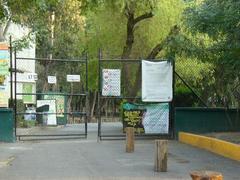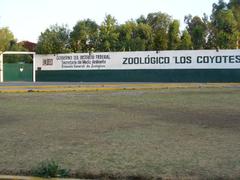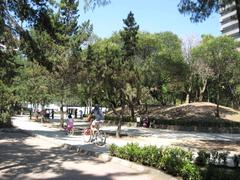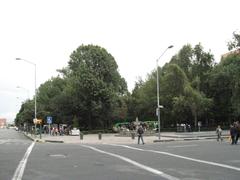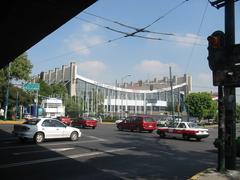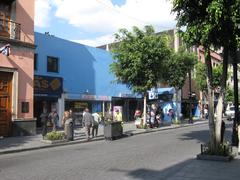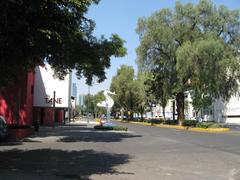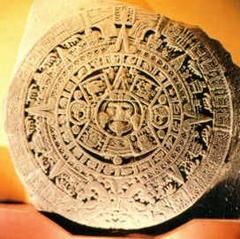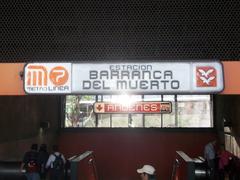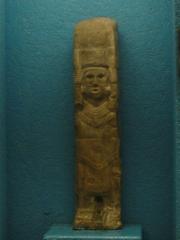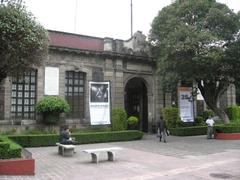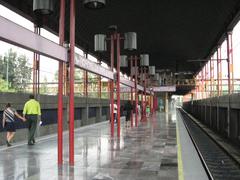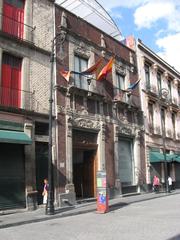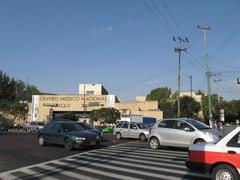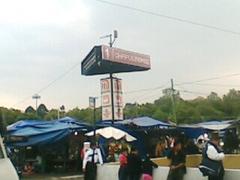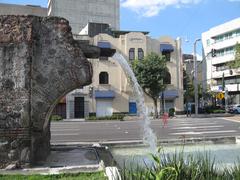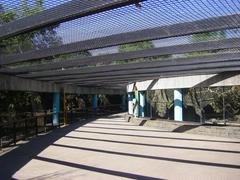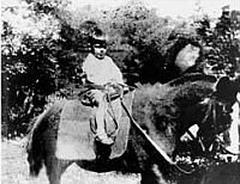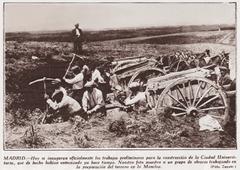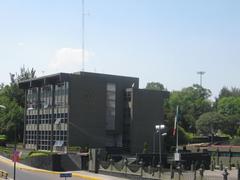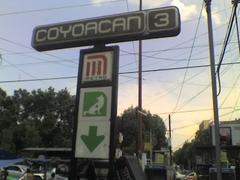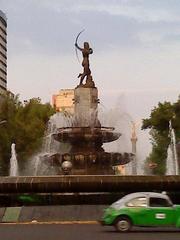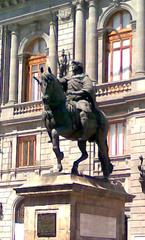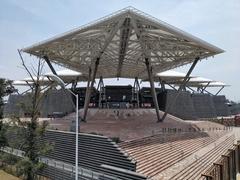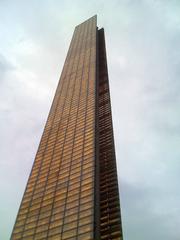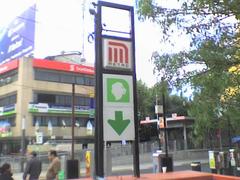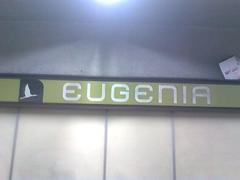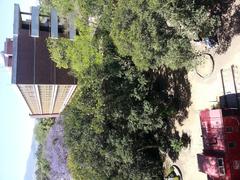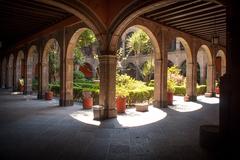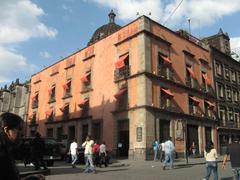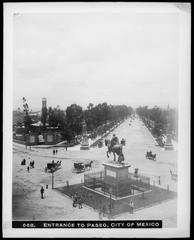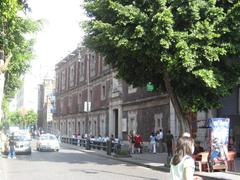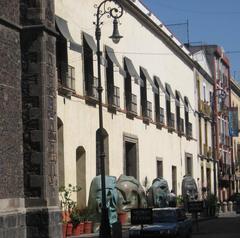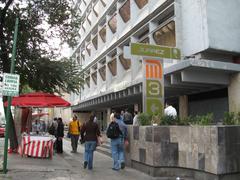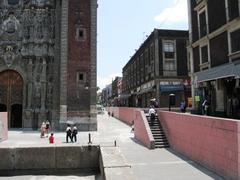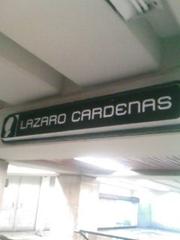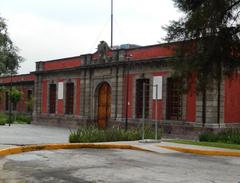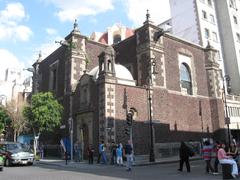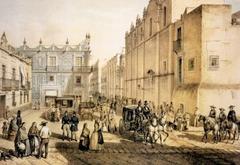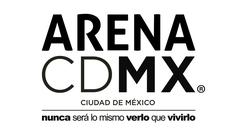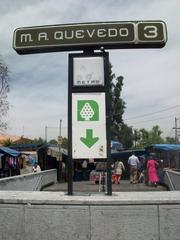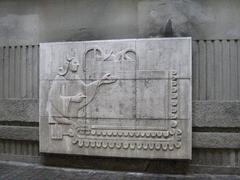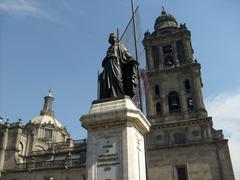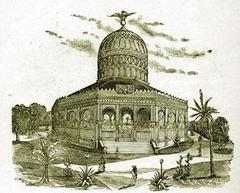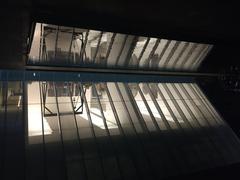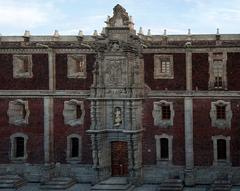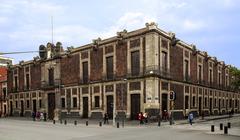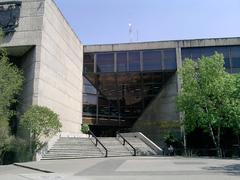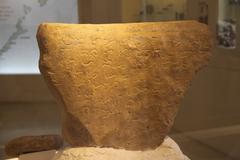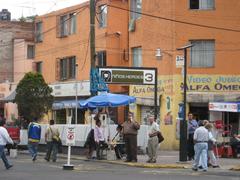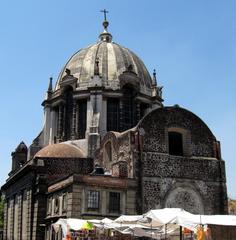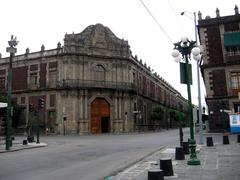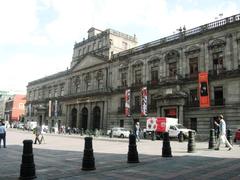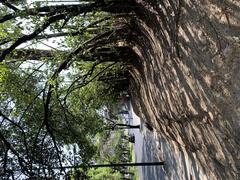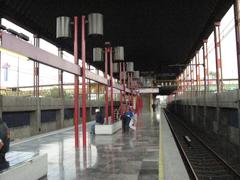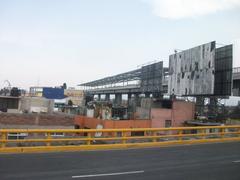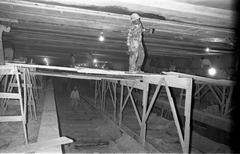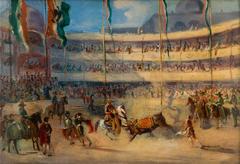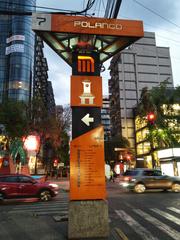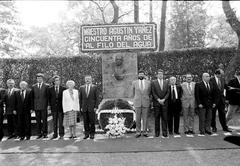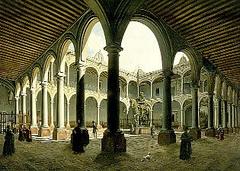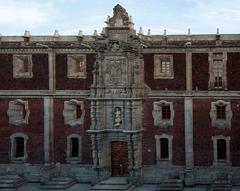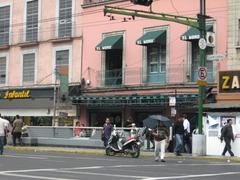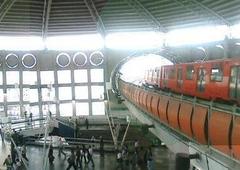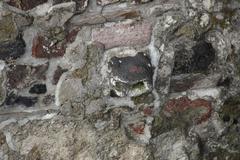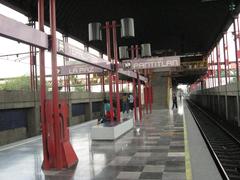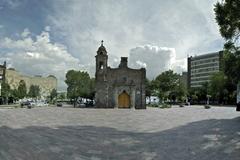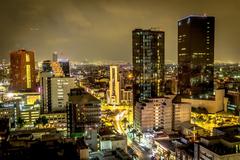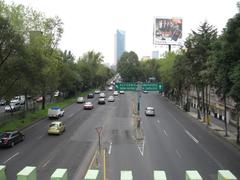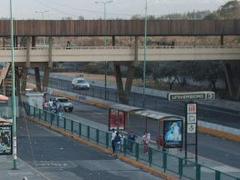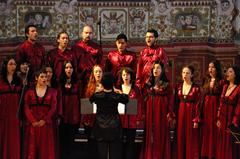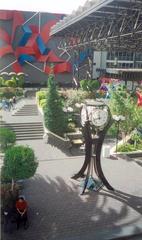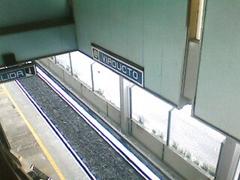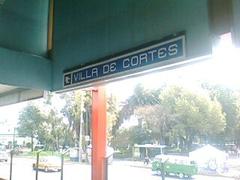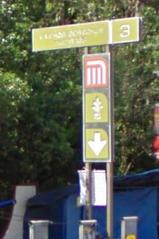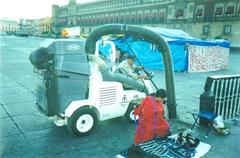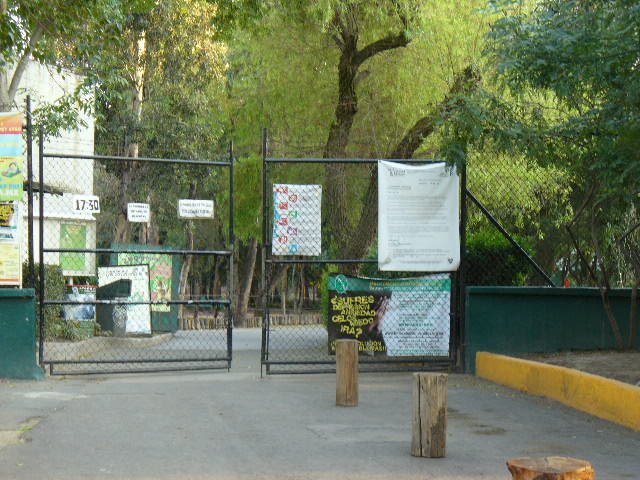
Visiting Zoológico Los Coyotes: Visitor Information, Tickets, and More
Date: 17/07/2024
Introduction
Located in the heart of Mexico City, Zoológico Los Coyotes stands as a beacon of wildlife conservation, education, and cultural heritage. Since its inauguration on February 2, 1999, this zoo has evolved into a sanctuary for native species of the Valley of Mexico, while also providing an engaging educational experience for visitors of all ages. As part of the city’s rich array of zoological parks, the zoo plays a crucial role in preserving the region’s biodiversity through active participation in breeding programs for endangered species such as the Mexican wolf and the axolotl (Mexico City Government). Nestled in the historic Coyoacán borough, an area renowned for its colonial architecture and vibrant arts scene, Zoológico Los Coyotes not only offers a window into the natural world but also reflects the cultural tapestry of Mexico. This comprehensive guide delves into the history, visiting information, and unique features of Zoológico Los Coyotes, providing all the essential details for a memorable visit.
Table of Contents
- Introduction
- History of Zoológico Los Coyotes
- Conservation Efforts
- Educational Role
- Cultural Significance
- Community Engagement
- Visitor Information
- Nearby Attractions
- Special Events and Guided Tours
- Photographic Spots
- Challenges and Future Prospects
- FAQ
- Conclusion
History of Zoológico Los Coyotes
Origins and Establishment
Zoológico Los Coyotes, located in the southern part of Mexico City, is a relatively recent addition to the city’s array of zoological parks. The zoo was inaugurated on February 2, 1999, as part of an initiative by the local government to provide a recreational and educational space for the residents of the city. The establishment of the zoo was driven by the need to create a green space that would also serve as a sanctuary for native species of the Valley of Mexico.
Development and Expansion
Since its inception, Zoológico Los Coyotes has undergone several phases of development and expansion. Initially, the zoo covered an area of approximately 5 hectares. Over the years, it has expanded to cover around 16 hectares, making it one of the significant green spaces in the urban landscape of Mexico City. The expansion was aimed at accommodating more species and providing better facilities for both the animals and the visitors.
Conservation Efforts
One of the primary objectives of Zoológico Los Coyotes is the conservation of native species. The zoo has been actively involved in various conservation programs aimed at protecting and preserving the biodiversity of the region. Notably, the zoo participates in breeding programs for endangered species such as the Mexican wolf and the axolotl, a unique amphibian native to the Valley of Mexico. These efforts are part of a broader strategy to reintroduce these species into their natural habitats and ensure their survival (Mexico City Government).
Educational Role
Zoológico Los Coyotes also plays a crucial educational role. The zoo offers various educational programs and workshops aimed at raising awareness about the importance of wildlife conservation. These programs are designed for different age groups, from school children to adults, and cover a wide range of topics related to ecology, biology, and environmental science. The educational initiatives are supported by interactive exhibits and guided tours that provide visitors with in-depth knowledge about the species housed in the zoo (Zoológico Los Coyotes).
Cultural Significance
The zoo holds cultural significance as it is named after the coyote, an animal that has a deep-rooted presence in Mexican folklore and mythology. The coyote is often depicted as a symbol of cunning and survival in various indigenous cultures of Mexico. By naming the zoo after this iconic animal, the founders aimed to highlight the cultural heritage and the ecological importance of the species in the region.
Community Engagement
Zoológico Los Coyotes has established itself as a community hub where residents can engage in various recreational and educational activities. The zoo hosts numerous events throughout the year, including environmental fairs, animal-themed festivals, and conservation awareness campaigns. These events are designed to foster a sense of community and encourage active participation in conservation efforts. The zoo’s role as a community space is further enhanced by its accessibility, as it is located in a densely populated area and is easily reachable by public transportation (Mexico City Tourism).
Visitor Information
Ticket Prices and Visiting Hours
Visitors can explore Zoológico Los Coyotes any day of the week, as it is open from 9:00 AM to 4:30 PM. Admission is free, making it an accessible destination for everyone. However, donations are encouraged to support the zoo’s ongoing conservation and educational programs.
Travel Tips
The zoo is easily reachable by public transportation. Visitors can take the Metro Line 2 to Tasqueña Station and then a short bus or taxi ride to the zoo. For those driving, ample parking is available near the entrance.
Nearby Attractions
While visiting Zoológico Los Coyotes, consider exploring other nearby attractions. The historic center of Coyoacán, with its vibrant markets and cultural sites, is just a short distance away. The Frida Kahlo Museum and the National Museum of Popular Culture are also worth a visit.
Special Events and Guided Tours
Zoológico Los Coyotes offers guided tours that provide an in-depth look at the zoo’s conservation efforts and the species it houses. Special events such as animal feeding sessions, educational workshops, and seasonal festivals are also held throughout the year.
Photographic Spots
The zoo features several picturesque spots perfect for photography, including the lush gardens and the enclosures of the Mexican wolf and axolotl. The interactive exhibits and cultural displays also offer excellent photo opportunities.
Challenges and Future Prospects
Despite its successes, Zoológico Los Coyotes faces several challenges. One of the primary challenges is the need for continuous funding to support its conservation and educational programs. The zoo relies on government funding, donations, and revenue from ticket sales to sustain its operations. Additionally, the zoo must constantly adapt to the changing needs of the animals and the expectations of the visitors. This requires ongoing investment in infrastructure and staff training.
Looking ahead, Zoológico Los Coyotes aims to strengthen its conservation efforts by collaborating with national and international organizations. The zoo plans to expand its breeding programs and enhance its research capabilities to contribute more effectively to the global conservation community. Furthermore, the zoo is exploring ways to incorporate more sustainable practices in its operations, such as using renewable energy sources and implementing waste reduction measures (Conservation Strategy).
FAQ
What are the visiting hours for Zoológico Los Coyotes?
The zoo is open from 9:00 AM to 4:30 PM, seven days a week.
How much are tickets for Zoológico Los Coyotes?
Admission to the zoo is free, but donations are encouraged to support conservation efforts.
What are some nearby attractions to Zoológico Los Coyotes?
Nearby attractions include the historic center of Coyoacán, the Frida Kahlo Museum, and the National Museum of Popular Culture.
Conclusion
Zoológico Los Coyotes stands as a testament to Mexico City’s commitment to wildlife conservation and environmental education. Its history is marked by continuous growth and adaptation, driven by a mission to protect native species and educate the public. As the zoo looks to the future, it remains dedicated to its role as a sanctuary for wildlife and a center for community engagement. For more information, visit the Zoológico Los Coyotes.
Call to Action
Planning to visit Mexico City? Don’t miss out on the enriching experience at Zoológico Los Coyotes. Follow us on social media for more updates and tips on exploring Mexico City’s historical sites.
